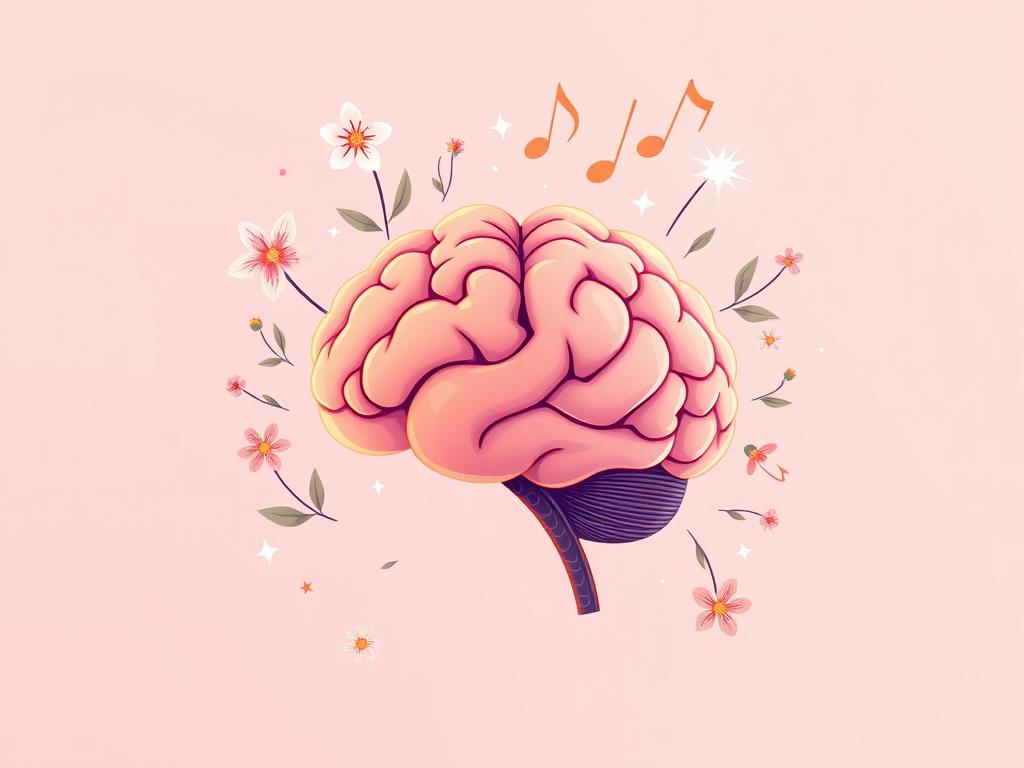Gratitude is one of those emotions we have all experienced at some point, yet we rarely stop to deeply analyze it. It may seem like a simple “thank you,” a gesture of politeness, or something we say out of habit, but in reality, it is much more. In this article, we’ll explore how gratitude can transform our lives, foster personal growth, and bring us greater well-being.
What is Gratitude Really?
Gratitude is a positive emotion felt when we recognize and appreciate something good in our lives. It can be something as big as good health or as small as enjoying a hot cup of coffee in the morning. Gratitude helps us focus on what we have instead of what we lack, which shifts our perspective and allows us to live with a more positive attitude.

Why is Gratitude So Important?
There are many reasons why gratitude is essential for well-being and personal growth:
- Improves mental health: Studies have shown that regularly practicing gratitude can help reduce anxiety and depression.
- Strengthens relationships: When we express gratitude, our bonds with others become stronger. We feel more connected and appreciated.
- Increases resilience: Gratitude helps us face adversity with a more positive attitude, allowing us to recover faster from challenges.
The Benefits of Practicing Gratitude
Over the years, various scientific studies have highlighted the multiple benefits of incorporating gratitude into our daily lives. Here are some of them:
1. Improves Emotional Well-Being
When we practice gratitude, we are training our brain to focus on the positive. This shift in focus can significantly impact our mood and mental health. Instead of getting stuck in negative thoughts, gratitude helps us rewire our minds to seek out the good in every situation.
- Example: Instead of complaining about traffic, you could feel grateful for having a car and being able to get from one place to another. It may sound simple, but this change in perspective has a profound impact on how we perceive our reality.
2. Boosts Self-Esteem
When we are able to recognize and appreciate the good things in our life, our self-esteem improves. We not only focus on what we’ve achieved, but also on the qualities and skills that have brought us to this point.
- Example: Instead of criticizing yourself for not reaching a goal, be grateful for the effort you put in and acknowledge how far you’ve come

3. Strengthens Interpersonal Relationships
Gratitude is not just an internal experience; it also has a powerful effect on our relationships with others. When we show genuine appreciation, the people around us feel valued and more connected to us.
- Use Case: If a friend helps you with something, instead of just saying “thank you,” explain how much their support means to you and how it has helped you. This type of gratitude strengthens the bond between people.
4. Improves Physical Health
Physical well-being is also influenced by gratitude. Some research suggests that grateful people are more likely to take better care of themselves, sleep better, and even have stronger immune systems.
- Example: A person who practices gratitude might be more conscious of what they eat and how they take care of their body because they feel a greater appreciation for their health.
Strategies to Incorporate Gratitude into Your Daily Life
It’s easy to talk about gratitude, but how can we make it a part of our daily routine? Below are some practical strategies you can start implementing today.
1. Keep a Gratitude Journal
Writing down what you’re thankful for each day is an excellent way to keep gratitude present in your life. You can start every morning or end every night by writing down three things you’re grateful for. They don’t have to be big things—even small moments of joy count.
- Example: “I am grateful for the coffee I had this morning, the conversation with my best friend, and the book I’m reading.”
2. Practice Gratitude Meditation
Meditation is a powerful way to connect with yourself, and combining it with gratitude can amplify its benefits. Spend a few minutes each day meditating on the things you appreciate in your life.
- Sit in a quiet place.
- Close your eyes and take a deep breath.
- Bring to mind something you’re grateful for and focus on that feeling.

3. Thank the People in Your Life
We often take the people around us for granted. Taking the time to genuinely thank them will not only make them feel good but will also strengthen the bond you share.
- Example: Send a message or letter to someone expressing how important their support, friendship, or love has been to you.
4. Reframe Difficult Situations
Gratitude doesn’t mean ignoring problems, but you can change your perspective to see what you’ve learned from a difficult situation or how it has helped you grow.
- Example: Instead of lamenting the loss of a job, you could feel grateful for the opportunity to find something you are more passionate about.

How Gratitude Transforms Our Mindset
The power of gratitude goes beyond improving our daily mood; it can radically transform our mindset and the way we approach life.
Gratitude as a Tool for Coping with Stress
We live in a fast-paced world filled with pressures. Stress is a constant in modern life, and if we don’t learn to manage it, it can lead to burnout. Gratitude offers us a different way to view stressful situations.
- Example: Imagine you have a very complicated project at work. Instead of focusing on the stress it causes, try focusing on what you’re learning or the new skills you’re acquiring. This shift in perception can reduce the negative impact of stress.
Shifting Focus from What’s Missing to What We Already Have
We often fall into the trap of thinking about what we don’t have or what we lack to be happy. However, by practicing gratitude, we shift the focus toward what is already present in our lives.
- Example: Instead of thinking, “I don’t have enough money for a new car,” you could be thankful that your current car is still running well and gets you where you need to go.

Real-Life Stories of How Gratitude Has Changed Lives
John’s Story: Overcoming Adversity with Gratitude
John always had a challenging life. From a young age, he faced economic and family problems that led him to develop a pessimistic outlook on life. However, when he started practicing gratitude daily, his perspective changed dramatically.
By starting his day being thankful for small things like having a roof over his head or simply being able to enjoy a hot meal, he noticed his anxiety diminished and he felt more motivated to pursue his goals. Over time, John managed to improve his financial situation and strengthen his personal relationships.
Maria’s Testimony: Gratitude in Health Recovery
Maria, a woman diagnosed with a chronic illness, experienced a great change in her quality of life when she started practicing gratitude. At first, she focused only on the negative: the pain, physical limitations, and medical appointments. But when she started a gratitude journal, she began to see small moments of joy and health. This shift in mindset allowed her to better manage her condition and find the strength to keep going.
Common Challenges in Practicing Gratitude and How to Overcome Them
Sometimes, practicing gratitude can be more difficult than it seems, especially when things aren’t going well. Here are some common challenges and how to overcome them.
1. Gratitude Doesn’t Feel Genuine
At times, practicing gratitude may feel forced or not genuine. This is normal, especially when going through difficult situations.
- Tip: Focus on small things. Sometimes, something as simple as being thankful for the air you breathe can be a good start.
2. Comparing Yourself to Others
Comparison is the enemy of gratitude. It’s easy to feel like you “don’t have enough” when you compare yourself to the achievements or possessions of others.
- Tip: Instead of comparing yourself to others, focus on your own journey. Everyone has their own process, and gratitude can help you appreciate yours.
3. Lack of Consistency
Practicing gratitude can be challenging when we don’t do it regularly.
- Tip: Set a daily habit. You can start with 5 minutes each day to reflect on what you’re thankful for.
Conclusion
Gratitude is a powerful practice that can change our lives in ways we may not imagine. From improving our emotional and physical well-being to strengthening our relationships and increasing our resilience, the benefits are countless. Incorporating gratitude into our daily routine is a small step that can lead to significant transformations.
It’s not about ignoring problems, but about shifting the focus to see the opportunities and lessons that each experience offers us. Gratitude allows us to live with greater awareness and appreciate the beauty in small moments. So, why not start today? Be thankful for something, even if it’s small, and watch how that simple action begins to open doors to deeper personal growth.
Always remember to practice gratitude. Not just in the good times, but also in difficult moments, as that’s where we can find the most growth and strength. “`




